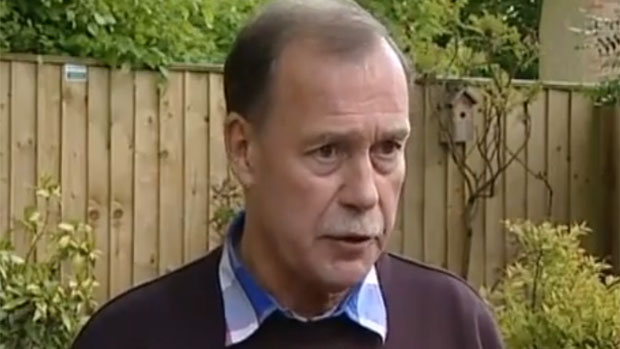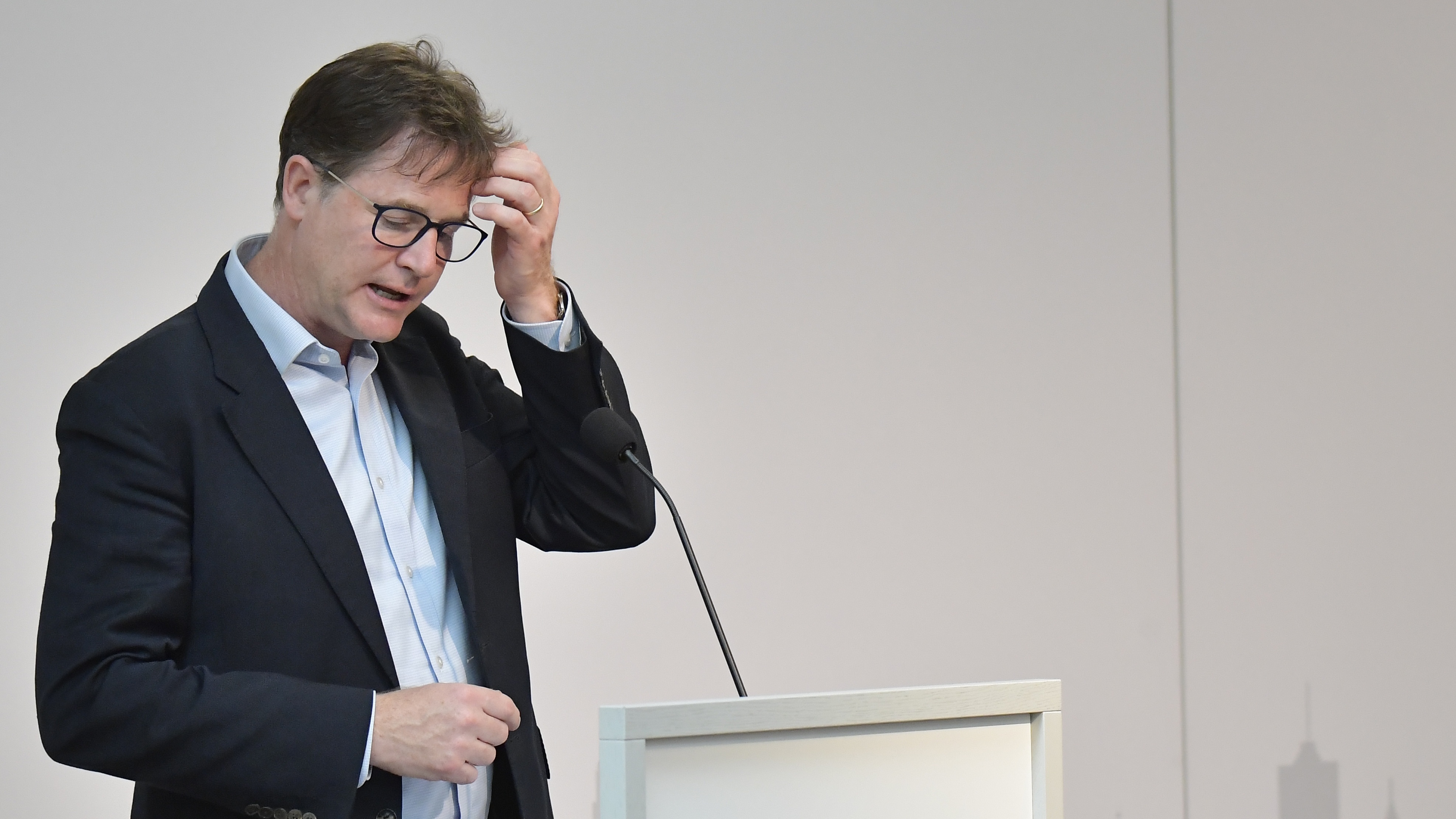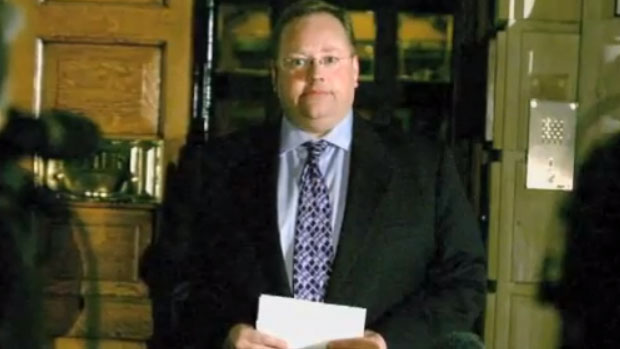Lords for sale? How the lobbying crisis unfolded
Claims a Tory MP and three peers accepted cash for lobbying unmasks the 'murkier side of politics'

A free daily email with the biggest news stories of the day – and the best features from TheWeek.com
You are now subscribed
Your newsletter sign-up was successful
PARLIAMENT would have been hoping that claims Tory MP Patrick Mercer had broken lobbying rules was an isolated incident. It wasn't. Mercer resigned the Tory whip on Friday and by Sunday lunchtime, three peers had joined him in the political sin bin over alleged breaches of the same rules. That left Nick Clegg bemoaning yet another episode in which "the murkier side of politics" was laid bare in the national press. Here's how the lobbying scandal unfolded. Mercer resigns the Tory whip: Confronted with undercover video shot by the Daily Telegraph and the BBC's Panorama in which he appears to accept £4,000 to lobby for business interests in Fiji, Tory MP Patrick Mercer resigns the Conservative whip to "save my party embarrassment". If proved, the allegations would be a breach of a ban on MPs undertaking "paid advocacy" on behalf of clients. Mercer says he is taking legal advice about the matter and refers himself to parliament's standards commissioner. Panorama releases more footage of Mercer: On Saturday, the BBC releases more covert footage of the MP appearing to offer a Commons security pass to the fake Fijian firm that paid him £4,000 to ask parliamentary questions. The Sunday Times' front page links three peers to the lobbying scandal: The paper tells its readers it decided to send undercover reporters to the House of Lords to investigate allegations it had become "infested" with peers acting as paid lobbyists and using parliament as a "business centre". The reporters covertly filmed three peers - Ulster Unionist Lord Laird, Labour's Lord Mackenzie (above) of Framwellgate and Lord Cunningham – appearing to offer to help a fake South Korean solar energy company. The peers allegedly offer to ask parliamentary questions, lobby ministers and host receptions in the House of Lords in return for cash. Lord Cunningham - a minister under Tony Blair – allegedly offers to write to David Cameron to push the solar energy company's supposed agenda and is offered a monthly payment of £10,000. "Make that... £12,000 a month. I think we could do a deal on that," he replies. Lord Laird is the subject of a separate investigation by Panorama and the Daily Telegraph: The two media organisations confirm they have secretly filmed Lord Laird discussing a retainer to ask parliamentary questions. The repercussions begin: All three peers deny any wrongdoing, but Lord Laird resigns the Ulster Unionist whip on Sunday morning and refers himself to Westminster authorities. He issues a statement saying: "I have not broken any rules." Shortly later, the Labour Party announces it is suspending Lord Cunningham, the former cabinet minister, and Lord Mackenzie, a former police chief, "pending further investigation". The calls for reform begin in earnest: Nick Clegg answers criticisms the Coalition is taking too long to honour its promise to bring in a statutory register of lobbyists. He tells the BBC that he and the PM are determined the "anti-sleaze reforms" will go ahead. The weekend's "unsettling but not surprising" allegations are symptomatic of a political system "long crying out for head-to-toe reform", says Clegg.
A free daily email with the biggest news stories of the day – and the best features from TheWeek.com
The Week
Escape your echo chamber. Get the facts behind the news, plus analysis from multiple perspectives.

Sign up for The Week's Free Newsletters
From our morning news briefing to a weekly Good News Newsletter, get the best of The Week delivered directly to your inbox.
From our morning news briefing to a weekly Good News Newsletter, get the best of The Week delivered directly to your inbox.
-
 What to know before filing your own taxes for the first time
What to know before filing your own taxes for the first timethe explainer Tackle this financial milestone with confidence
-
 The biggest box office flops of the 21st century
The biggest box office flops of the 21st centuryin depth Unnecessary remakes and turgid, expensive CGI-fests highlight this list of these most notorious box-office losers
-
 What are the best investments for beginners?
What are the best investments for beginners?The Explainer Stocks and ETFs and bonds, oh my
-
 ‘Nick Clegg is Facebook’s useful idiot’
‘Nick Clegg is Facebook’s useful idiot’Instant Opinion Your digest of analysis and commentary from the British and international press
-
 Church calls for action on national food poverty 'crisis'
Church calls for action on national food poverty 'crisis'Speed Read Number of people receiving food parcels almost tripled last year, but ministers deny benefits cut link
-
 Same-sex couples to marry at the stroke of midnight
Same-sex couples to marry at the stroke of midnightIn Depth A 'significant milestone' in the fight for equality, but opinion remains divided
-
 Nick Clegg renews call for Lord Rennard to apologise
Nick Clegg renews call for Lord Rennard to apologiseSpeed Read Peer accused of sexual harrassment won't face any action and friend says he has no need to apologise